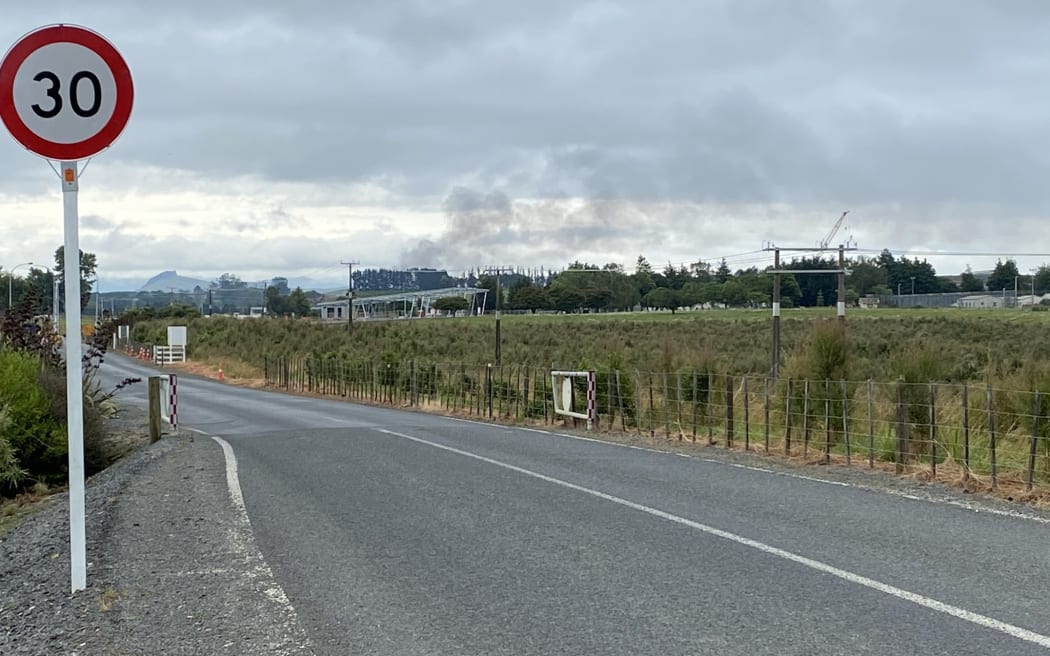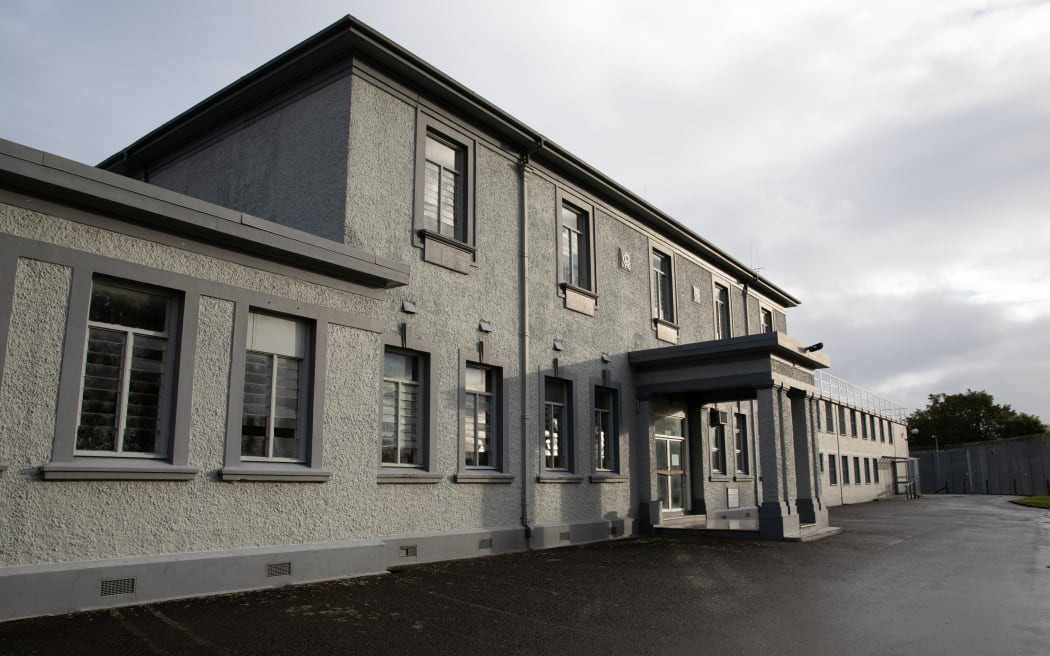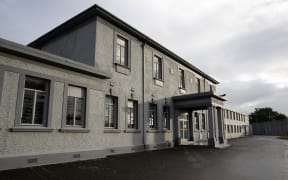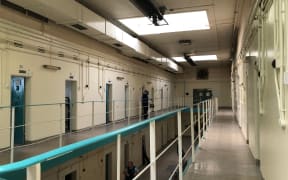Prison labour is being used to build the new parts of Waikeria Prison, the site of a riot 18 months ago.

Smoke is visible on the skyline above Waikeria Prison during the riot. Photo: RNZ/ Riley Kennedy
Fifty-six prisoners have been welding, piling, scaffolding, cable-laying, roofing, and doing carpentry as part of a Release-to-Work programme since earthworks began in 2018. The programme has been on hold since last October because of Covid-19, but is now starting back up.
The prisoners have been assessed as fit to work by the prison director and are paid market rates by the building company, with a third of their wages going back to Corrections for board. The rest is used for fines or reparation payments, and to save up for release.
However, justice advocates say while skill-building is a good thing, it would be better placed on other projects.
JustSpeak executive director Aphiphany Forward-Taua said prisoners were vulnerable and should not be building the facilities that took away their rights.
"Many of the people that've found themselves in that system are victims of the system," she said.
"So the victims building prisons just doesn't seem like an ethical or a morally right thing to do and I think there needs to be reflection on that from Corrections."
Victoria University criminologist Ti Lamusse said New Zealand had a long history of using prisoner labour to build jails, including Mt Eden Prison in the late 1800s to early 1900s.
He said the situation had a high risk for exploitative practices and many of the same issues still applied - namely the increased imbalance of power between employer and employee, affecting the prisoners' ability to raise health and safety or other workplace concerns.
Lamusse said it also needed to be considered in context, with research showing that prisons were not effective at rehabilitation.
"Really what's happening is you're getting a bunch of prisoners digging their own graves, building the next cycle of failure, with the state being completely unable to or unwilling to use more effective solutions."
Waikeria Prison was the site of a riot about 18 months ago when more than 20 prisoners lit fires and fought with Corrections officers, during a protest about conditions at the jail.
The contractors who demolished the most damaged section, a building known as the Top Jail, are considering whether to join the Work-to-Release programme.

Waikeria Prison in Waikato. Photo: RNZ / Dan Cook
Mixed feelings for inmates
Counsellor Kathryn Daley who has worked with prisoners extensively said it was likely those building Waikeria had mixed feelings about the work.
However, she said humans were wired for work and most prisoners were likely to view it positively and in practical terms.
"There will be some people thinking, 'Okay, well this is interesting, we're building or adding onto the prison, but what are the solutions? We don't want people coming into prison,'," she said.
"A lot of the older prisoners, those middle years, are starting to think about mentoring, talking to young men about how not to get in prison, for example, so there'll be some mixed feelings."
Daley said prisoners who worked had better sleep and mental health and had something to look forward to - both in prison and beyond.
Eighteen men kept working on the project after they were released.
Corrections deputy national commissioner Leigh Marsh said most prisoners had no formal qualifications and limited work experience.
"Employment and industry training, including our Release to Work programme, are hugely beneficial for people in prison to gain real work experience and employment skills, making it easier for them to find work on release.
"Having a job means someone can provide for themselves and their family, connect with pro-social support and gives them a sense of pride. This helps with their safe and successful reintegration into the community."
He said the programme gave employers a pool of fixed-term workers and the satisfaction of knowing they were giving someone a second chance.






